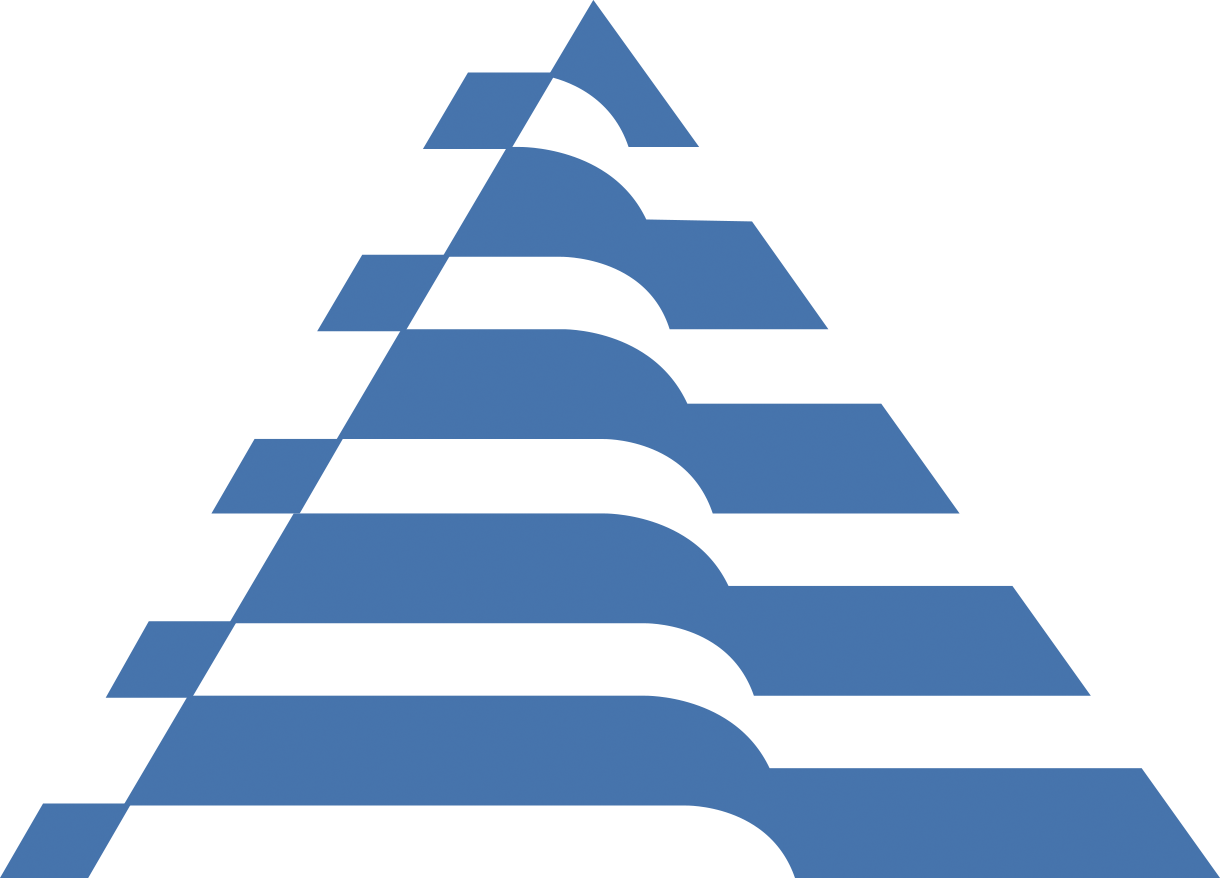 |
|
From simple data to linked open data, in just two days.
The DC-2012 full-day pre-conference tutorials will each provide information professionals with beginning knowledge and skills necessary to design and development of semantic metadata including design of ontologies and controlled vocabularies useful in linked data on the open Web. The tutorials will also focus on design of metadata application profiles to meet your organization or company's needs to publish to the open Web using OWL and topic maps ontologies. The presenters have extensive experience teaching and working with professionals practicing in all forms of memory institutions (libraries, museums and archives) as well as the private sector. The tutorials are designed to address the needs of professionals with either minimal technical skills or those with extensive skills in non-semantic metadata wanting to develop knowledge and skills in the context of linked data and the Semantic Web.
Registration for the pre-conference tutorials is separate from the conference registration. Register for one tutorial or register for both!
|
|
|
|
Tutorial Title: Metadata for the Semantic Web
Monday, 3 September 2012—Full-Day
|
 |
|
Tutorial Lead: Karen Coyle is a librarian with over thirty years of experience with library technology. She now consults in a variety of areas relating to digital libraries. Karen has published dozens of articles and reports, most available on her web site, kcoyle.net. She has served on standards committees including the MARC standards group (MARBI), the OpenURL standard, and was an ALA representative to the e-book standards development that led to ePub. She follows, writes, and speaks on a wide range policy areas, including intellectual property, privacy, and public access to information. As a consultant she works primarily on metadata development and technology planning. She is currently investigating the possibilities offered by the semantic web and linked data technology. |
| |
|
Learning Goals (Abstract): Attendees will learn the key concepts of metadata creation and use that are compatible with the creation of linked data. They will get a basic introduction to the Semantic Web and the concept of "linked data," including the use of identifiers, the creation of statements and graphs, and an introduction to ontologies and vocabularies. The seminar includes hands-on exercises where attendees learn concepts by creating simple metadata using Semantic Web concepts. There is an emphasis on linked data as created by libraries, but data from other communities is included. No programming expertise is required.
Who Should Attend: This seminar is appropriate for metadata creators who are currently creating traditional record-based metadata (include library catalogers) as well as information technology professionals who are beginning to work with linked data.
Summary Outline:
Part I: Metadata Basics
- Data with a purpose
- Understanding data
- Identifiers and identities
- Making a statement & creating graphs
Part II: Linked Data and the Semantic Web
- Introduction to the Semantic Web
- The Uniform Resource Identifier
- Defining and using ontologies
- Defining and using controlled vocabularies
Student Rate: MYR500 / USD170
Non-Student Rate: MYR600 / USD200

|
|
|
|
Tutorial Title: Application Profile and Ontology Design
Tuesday, 4 September 2012—Full-Day
|
 |
|
Tutorial Lead: Sam Oh is a Professor at Sungkyunkwan University (established in 1398), Seoul Korea and an affiliate professor at University of Washington (UW) iSchool in Seattle. Prior to joining SKKU, he taught at the UW iSchool for 4 years. His teaching and research interest include metadata and ontology design, data modeling and knowledge management (KM). He has extensive consulting experiences in the areas such as metadata and ontology design for digital libraries, KM companies and government sectors in Korea. He serves as the chairs of ISO/IEC JTC1 SC34 (Document Description & Processing Languages) and TC46/SC9(Identification & Description). He also serves as a member of DCMI (Dublin Core Metadata Initiative) oversight committee.
|
| |
|
Learning Goals (Abstract): This tutorial session will focus on application profile and ontology design for semantic interoperability. The participants will learn:
- how to design application profiles using Oxygen XML editor;
- how to design RDF/OWL ontology using Protégé ontology editor; and
- how to design Topic Map ontology using Ontopoly topic maps editor.
Who Should Attend: This tutorial can be beneficial for those who want to learn about metadata and ontology in general with some technical depth, are interested in providing better information service by utilizing metadata and ontology, and want to acquire in technical knowledge of how to develop application profiles and ontologies.
Summary Outline:
- Introduction to XML Schema
- Understanding Dublin Core (DC) and Metadata Object Description Schema (MODS) vocabulary structures
- Designing DC and MODS-based application profiles using Oxygen
- Introduction to Resource Description Framework (RDF)/Web Ontology Language (OWL)
- Introduction to ontology design methodology
- Designing RDF/OWL ontologies using Protégé
- Introduction to Topic Maps
- Designing Topic Maps ontology using Ontopoly
Student Rate: MYR500 / USD170
Non-Student Rate: MYR600 / USD200

|
 DCMI's work is supported, promoted and improved by « Member organizations » around the world:
DCMI's work is supported, promoted and improved by « Member organizations » around the world:
 DCMI's annual meeting and conference addresses models, technologies and applications of metadata
DCMI's annual meeting and conference addresses models, technologies and applications of metadata

Become a DCMI
![]() DCMI's work is supported, promoted and improved by « Member organizations » around the world:
DCMI's work is supported, promoted and improved by « Member organizations » around the world:












![]() DCMI's annual meeting and conference addresses models, technologies and applications of metadata
DCMI's annual meeting and conference addresses models, technologies and applications of metadata
![]() DCMI's work is supported, promoted and improved by « Member organizations » around the world:
DCMI's work is supported, promoted and improved by « Member organizations » around the world:












![]() DCMI's annual meeting and conference addresses models, technologies and applications of metadata
DCMI's annual meeting and conference addresses models, technologies and applications of metadata